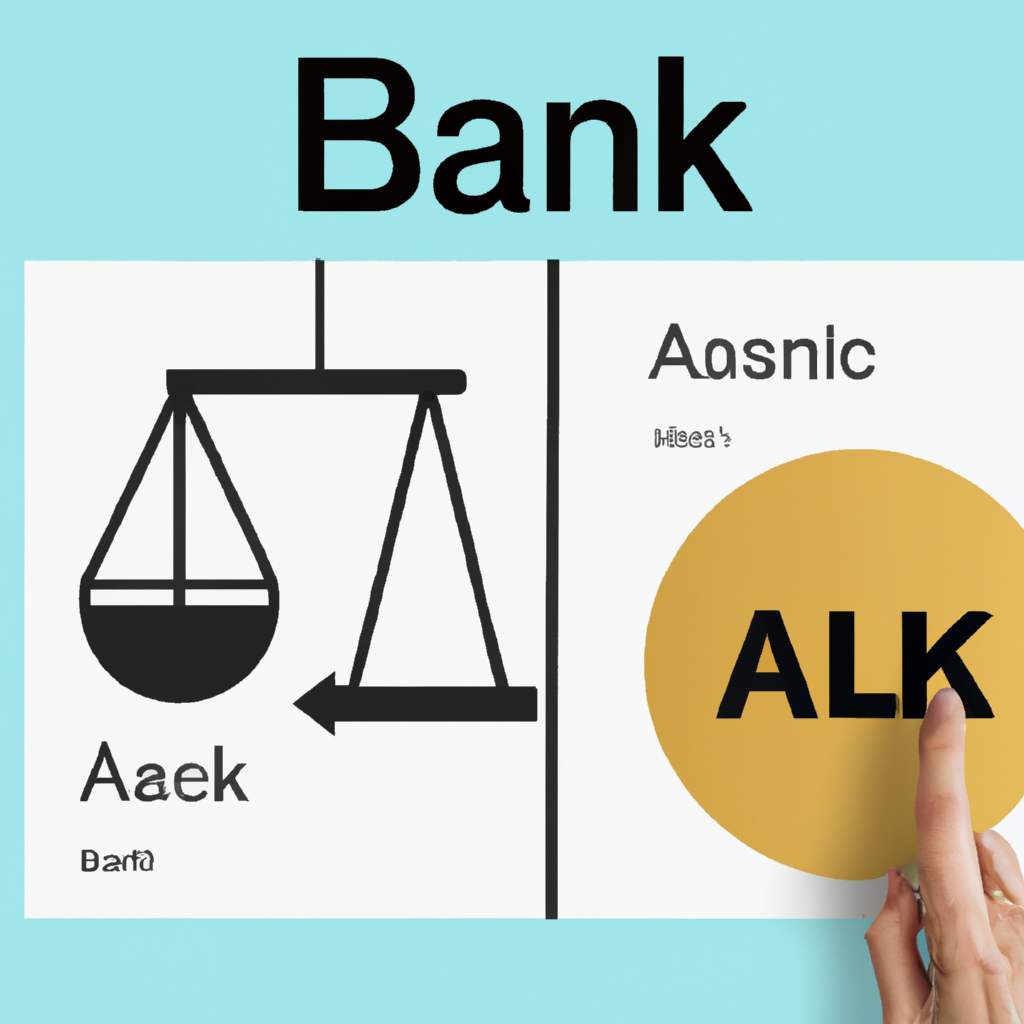Bank Account Interest Rates Comparison
Introduction
When it comes to choosing a bank account, one of the most important factors to consider is the interest rate offered. The interest rate determines how much money you can earn on your savings or investments. In this article, we will compare different bank account interest rates to help you make an informed decision.
Types of Bank Accounts
Before we delve into the comparison, let’s briefly discuss the different types of bank accounts that offer interest rates:
Savings Accounts
Savings accounts are designed for individuals who want to save money while earning interest. These accounts usually have no or low minimum balance requirements and offer competitive interest rates.
Checking Accounts
Checking accounts are primarily used for daily transactions and do not typically offer high interest rates. However, some banks may provide limited interest on checking account balances.
Certificate of Deposit (CD)
A Certificate of Deposit (CD) is a time deposit account with a fixed term and fixed interest rate. CDs usually offer higher interest rates than savings or checking accounts, but your money is locked in for a specific period.
Comparison of Bank Account Interest Rates
Now, let’s compare the interest rates offered by various types of bank accounts:
Savings Accounts
– Bank A: 1.50% APY
– Bank B: 1.75% APY
– Bank C: 2.00% APY
Checking Accounts
– Bank D: 0.10% APY
– Bank E: 0.25% APY
– Bank F: 0.50% APY
Certificate of Deposit (CD)
– Bank G: 2.25% APY for a 1-year term
– Bank H: 2.50% APY for a 3-year term
– Bank I: 3.00% APY for a 5-year term
Factors to Consider
While comparing interest rates is crucial, it’s essential to consider other factors before choosing a bank account:
Minimum Balance Requirements
Some accounts may require a minimum balance to earn the advertised interest rate. Make sure you can comfortably maintain the required balance to avoid penalties or reduced interest rates.
Fees
Check for any monthly maintenance fees or transaction fees associated with the account. These fees can eat into your interest earnings.
Accessibility
Consider how easily you can access your funds. Some accounts may have restrictions on withdrawals or charge fees for excessive transactions.
Additional Features
Look for additional features such as online banking, mobile apps, or ATM access that can enhance your banking experience.
Conclusion
Comparing bank account interest rates is essential to maximize your savings. Consider the type of account that suits your needs and evaluate the interest rates offered by different banks. Additionally, take into account factors like minimum balance requirements, fees, accessibility, and additional features. By conducting thorough research, you can make an informed decision and choose a bank account that best aligns with your financial goals.
